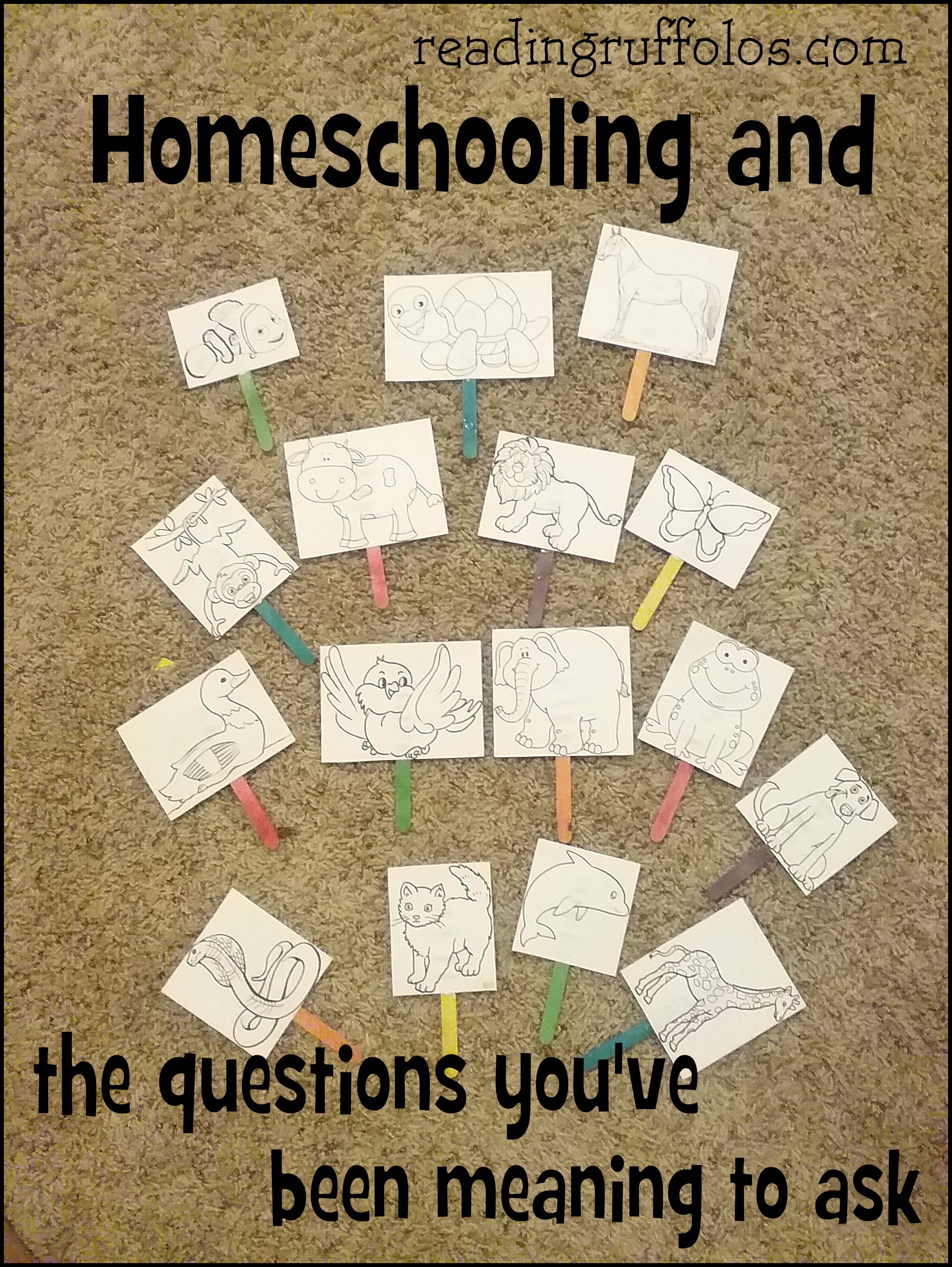This is quite a long article about homeschooling, a subject I am very interested about. Do not worry. I wrote this in friendly language so if you are just as interested as I am to know more about homeschooling, this is the post for you.
Followers of this blog know how much I enjoy teaching my children at home.
Back in our little home in Montana, I started a learning corner where the twins embarked on a learning adventure. The twins learned colors, shapes, numbers and the alphabet at home and it motivated me to work on my graduate degree in Language and Literacy Education (which I finished last July).
I was already checking options on how I can homeschool my children when we decided to spend some time here in the Philippines. As you may know, we decided to enroll the twins in a local day care center for the main goal of having them practice their Bisaya language skills.
Last week, I got invited as a journalist writing for Cebu Daily News (watch out for the story that will come out in the Lifestyle page) to attend a press conference on a topic that I am very interested about.
Guess what?!
HOMESCHOOLING!
So with my backpack – so typical of me – I rushed to the La Nostra Pizzeria Napoletana at Streetscape Mall (located on the way to Maria Luisa Subdivision here in Cebu) and was revved up to interview whoever is available to talk to me about homeschooling. I interviewed Homeschool Global president Edric Mendoza, who is husband to Joy Tan (also a Mommy blogger) and father to five home-schooled children.
Edric’s insights are practical and there is no reason why an open-minded parent won’t consider homeschooling after talking to him. In his battalion is a group of Cebu-based parents who have made the decision to homeschool their children.
On why homeschool
When they decided to homeschool their children, Edric and Joy were met with several questions from relatives.
“They asked if we are running out of money or if the children are sick,” said Edric.
Edric cited individualized learning as the top reason why families should consider homeschooling.
“We are offering homeschooling not because there is something wrong with the traditional system. We are offering it because there is something better… there is an opportunity to provide your children with better educational opportunities,” he said.
Commitment and dedication are the very basic foundation of successful homeschooling. Parents have to put in the time to become their children’s teachers.
Couple Jojo and Nina Tiongko, who operate a chain of bakeshops, said the father plays the role of a principal while the mother is the teacher.
The couple has four children and are currently homeschooling Nyito, 7 and Manu, 5.
Nina said they take the children to the office and they are able to teach them lessons which they cannot otherwise learn inside the classroom. Just recently, Jojo said, he brought Nyito to a baking lesson and his son was able to realize that it takes time and effort to make one piece of bread.
From homeschool to traditional classroom
So how does this work?
You may ask.
Should I, as a parent, take education units so I can become my children’s teacher?
Not really.
As one of the parents, Mae Villarin noted “education is really just common sense. We prepare our children for life.”
There are two types of homeschoolers: the independent homeschoolers, whose parents research on their own and teach their children; and then there are the enrolled homeschoolers, whose parents are with a homeschool service provider, which provide the modules which guide parents on what and how to teach their children.
What if my child says she wants to be in a regular school?
Okay… let’s say you have been homeschooling your daughter for four years. She started when she was six years old and then when she was 10, she told you, “Mom, I want to be enrolled in a regular school like my friend Sarah.”
Edric said that if your child is an independent homeschooler, your child have to undergo a battery of tests per grade level. A test for Grade 1, another test for Grade 2 and so on… The Department of Education has to check your child’s competencies. If the results of the tests say that your child – who is supposed to be in Grade Five – is only up to Grade Three… then you’ve got yourself an issue.
If she is enrolled with a homeschool service provider (provided that the service provider is a reputable one), you are assured that the modules you are following are aligned with Dep-Ed’s standards. Essentially, they will get the same standards of materials that regular schoolchildren have. But the difference is… you. The parent-teacher has the freedom to choose the materials. So if your child is interested about dinosaurs then you can use dinosaurs as the come on point in teaching Math or Science.
How is my child tested?
This was one of my questions when I started exploring homeschooling as a possibility considering our family lifestyle of moving from one country/continent to the other.
Edric said at the end of each quarter, a portfolio review is conducted. A portfolio can be a scrapbook, a slideshow or a diorama. Parents can initially give grades for their children’s work. The service provider has assessors who will also evaluate children’s works.
There is a lot of back-and-forth communication between parents and the school providers so expect to be guided by people who have your children’s best interest in the center of it all.
How about Dep-Ed? Is homeschooling legit?
Oh yes!
Ever heard of alternative education?
Homeschooling is one of them… it is also in line with the current thrust of the Philippines’ Department of Education (Dep-Ed) for inclusive education, which means that there are alternative learning spaces where children can, obviously, learn.
Edric is founder of Homeschool Association of the Philippine Islands (HAPI) and the Philippine representative of Homeschool Legal Defense of America (HSLDA).
The current need of the homeschooling populace in the Philippines is to strengthen the system by helping “create a framework that identifies which sectors of society can be homeschooled”.
“By the end of October, we hope to map out specific details to implement homeschooling and other alternative delivery modes and then cascade this to other regions so we can all best understand these others modes of education,” he said.
In the pipeline is to work with schools so that a child can get a transcript of record for every level she finishes.
Take this scenario as an example.
WXYZ College partners with Homeschool Global. The homeschooler enrolled under Homeschool Global will get a report card at the end of his one-year “schooling”. That report card is as good as the report card received by students who go to a regular. Should the child and the parents decide to go to a regular school, all they need to do is to present that transcript or report card and they can seamlessly transition from homeschool to regular school.
Are their success stories?
You mean testimonials?
Yes. I invite you to check out Joy’s blog at Teach With Joy for several dosages of tips on homeschooling – and everything related to parenting and marriage too.
A progressive move made by Homeschool Global is to open hubs in cities such as Cebu which will serve as venue for homeschooling parents to meet and “compare notes”. Those who want to know more about homeschooling can also drop by and ask homeschooling parents anything you want to know about homeschooling.
Come November 12, the group is also hosting a homeschooling conference in Cebu. This is the first of a series of homeschooling conferences nationwide; a series that is aimed at raising awareness and answering questions/concerns about homeschooling.
The twins are still three years old and are enrolled in a local day care center. Our home here in the Philippines is on the last week of construction before completion. I am really looking forward to work on our learning corner so we have a dedicated space for books and school materials.
Any thoughts on homeschooling? Leave your comments below!




